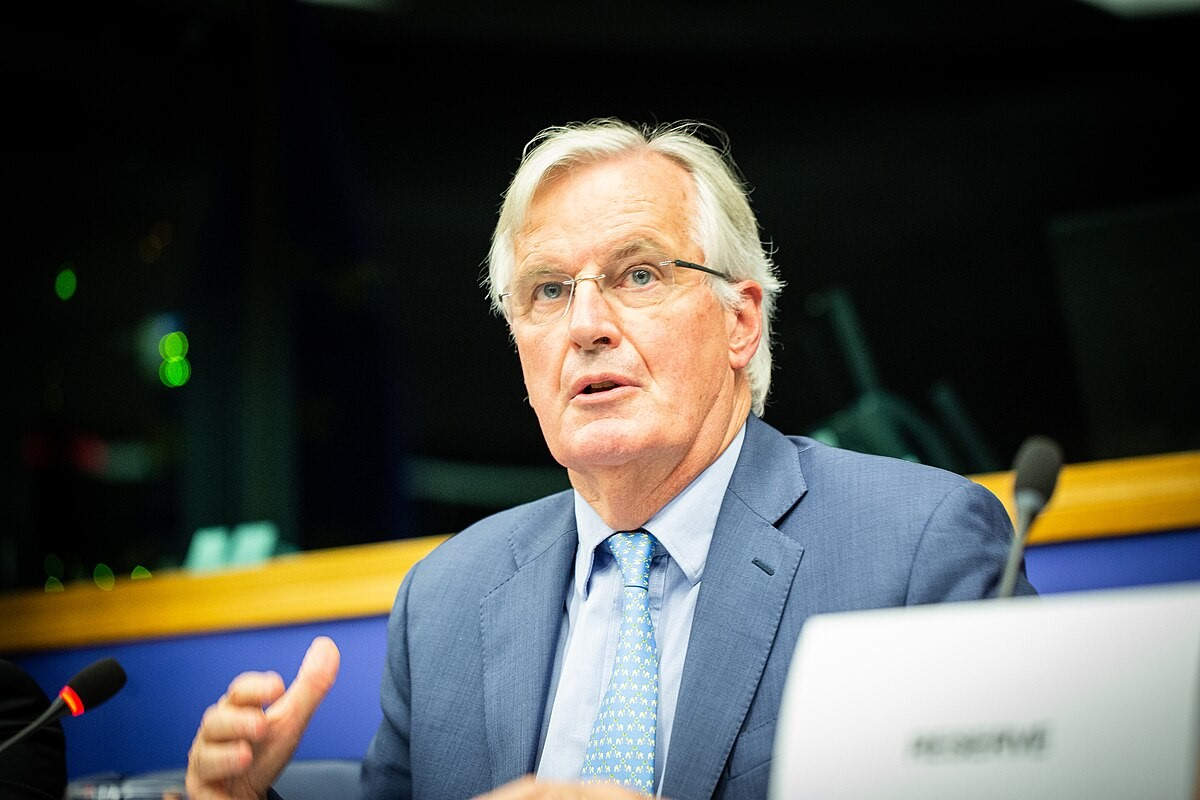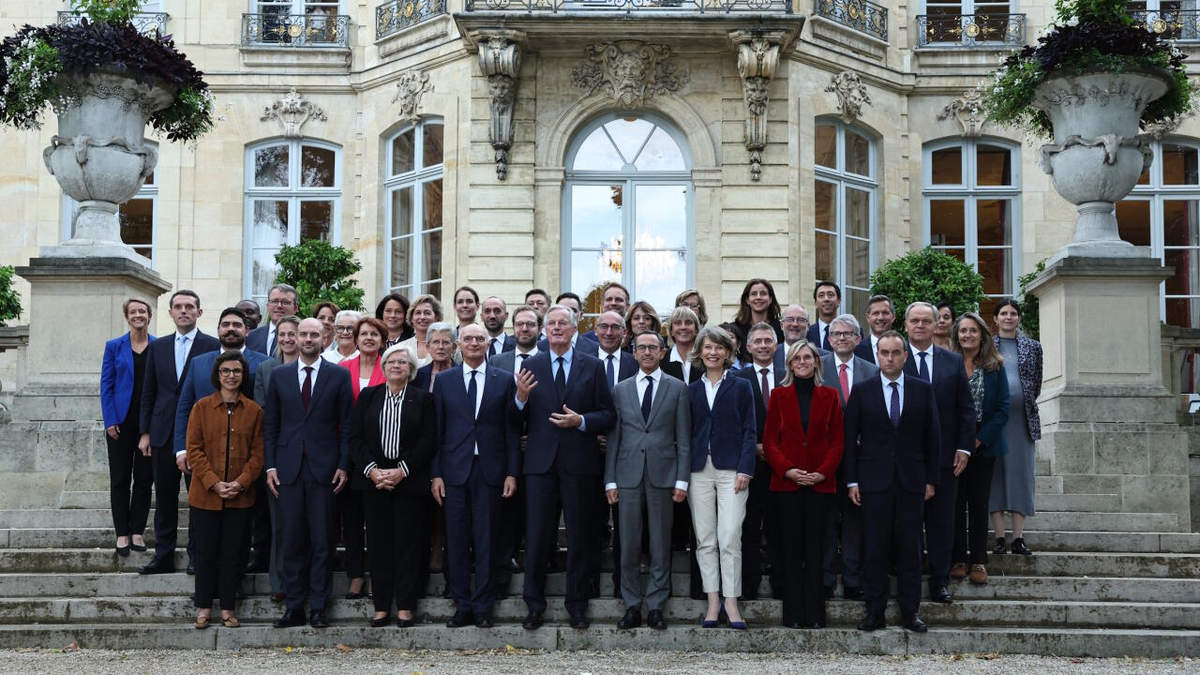
The Prime Minister will deliver his general policy speech on Tuesday at the National Assembly. On the agenda are the hot-button issues of debt reduction, immigration and security. A vast program.
Appointed Prime Minister by Emmanuel Macron on September 5, 73-year-old Michel Barnier, an old hand in politics, has had some difficulty forming his government, in the absence of a majority in the National Assembly. So, at the head of a team made up of odds and ends, he must steer France’s policy, navigating by sight through an ocean of dangerous reefs. But he has already announced his method: preferring efficiency to the grandiloquent and sterile rhetoric of his predecessor.
France is bankrupt
Because the country is in a bad way. Very badly. As we announced on September 27, in the second quarter of 2024, public debt rose by €68.9 billion to 112.0% of GDP, according to Insee. In 7 years, it has swelled by 900 billion euros! In short, spendthrift France is bankrupt. Michel Barnier knows it. He said as much at the national firefighters’ congress held in Macon from September 25 to 28. “Never in 60 years has a Prime Minister been forced to present a budget in two weeks. And what I find, I say without polemic, is extremely serious. And I weigh my words”.
In other words, Emmanuel Macron and Bruno Le Maire have hidden the sad truth about the public accounts, which have long been in the red.

Macronist MPs oppose tax hikes
How do we reduce the country’s stratospheric debt to avoid a Greek-style catastrophe? In other words, where and how do we find the money? Certainly, by reducing public spending, and thus public services that are already in bad shape (justice, police, education, health…) But also, inevitably, by raising taxes. And that’s where the problem lies. “No tax increase for the middle classes”, confirms Michel Barnier. But the Macronist deputies aren’t buying it. Twenty-seven deputies from the Ensemble pour la République group at the French National Assembly signed a text in La Tribune on Saturday, September 28, opposing any tax increase, including for the wealthiest taxpayers and the most prosperous companies. “Restoring public finances depends above all on wealth creation and full employment”, they write. It promises to be a lively battle in the Hemicycle.
Order and evictions
All the more so as the Prime Minister will be addressing other inflammatory subjects in his general policy speech on Tuesday. Immigration and security. Here again, major friction is expected between the different groups in the Assembly. The new Minister of the Interior, Bruno Retailleau, is sticking to the objective he set when he took office: “Restore order”. In an interview with Le JDD, he deplores the fact that “the rules protect dangerous individuals more than victims”.
As for immigration, there’s no question of procrastinating. Bruno Retailleau wants to use “all means” to reduce immigration, whether by increasing deportations, reinstating the offence of illegal residence, or reforming the Aide Médicale d’Etat (AME). The turn of the screw will be tight.
The threat of a motion of censure…
Debt, security, immigration…. In his general policy speech, Michel Barnier will have to find the right words to avoid provoking a riot in an Assembly that is more divided than ever, and which could vote a vote of no confidence at any moment.
While the Prime Minister can, in principle, count on the center parties to approve his policies, the same cannot be said of the Nouveau Front Populaire (193 deputies), who have not accepted that Lucie Castets was not chosen for Matignon.
As for the Rassemblement National (126 deputies with related parties), they intend to act as referees. “No motion of censure in principle (…) We will respect our voters and the reasons why they elected us”, asserted Laurent Jacobelli.
The coming week promises to be particularly stormy in the Hemicycle. Will Michel Barnier stand the test of fire?
💬 “Ce que je trouve, je le dis sans polémique, est extrêmement grave, et je pèse mes mots”
Michel Barnier s’est exprimé sur le court délai qu’a son gouvernement pour présenter un budget, lors du congrès national des sapeurs-pompiers pic.twitter.com/0h4OJRElwz
— BFMTV (@BFMTV) September 28, 2024
Michel Barnier, Prime Minister